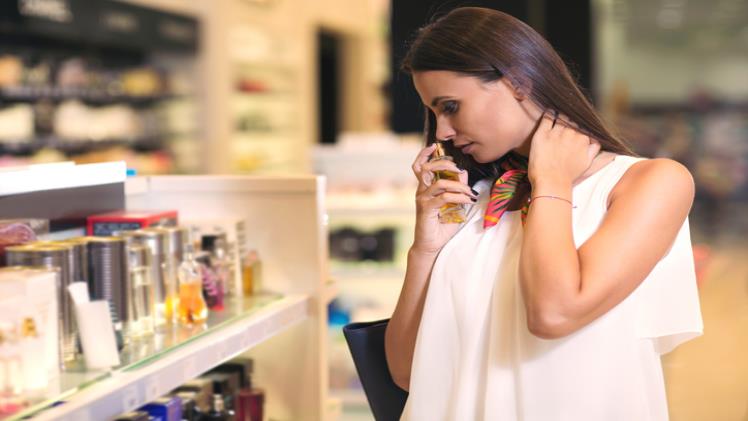The dangers of cosmetics have long been a concern for consumers, but recent scientific research on the effects of makeup is making the situation even worse. Countless cosmetics products contain dangerous chemicals, and women in particular are particularly at risk. Women, on average, use 12 cosmetics products a day, and they are exposed to as many as 168 different synthetic chemicals through these products. Teenagers, by comparison, use 17 or more beauty products a day. These toxins are especially harmful to pregnant women, and even to unborn babies. Environmental Defense, a Canadian NGO, recently tested umbilical cord blood of newborn babies and found that chemicals used in makeup products could cause cancer Playfire.
The effects of cosmetics on human health are difficult to assess, and there is no consensus on which products or ingredients are harmful. Most research is limited to laboratory studies of individual products. It is also difficult to study the cumulative effects of hundreds of chemicals on the human body, since cancer can only develop after years of exposure. Further, since the effects of cosmetics may become apparent only after widespread use, many scientists still recommend avoiding certain types of makeup Eworld.
Cosmetics and makeup may contain chemicals and toxins that are harmful to human health. The FDA defines cosmetics as any product that is meant to be applied to the human body. This includes skin moisturizers, perfumes, fingernail polish, eye makeup, hair colors, and permanent waves. In addition to being harmful to the body, cosmetics can also cause allergic reactions and other conditions. Ultimately, cosmetics can cause a variety of adverse reactions, so it is important to understand the possible risks associated with your skin care products Mixbit.
In addition to harmful cosmetic ingredients, there are also many chemicals in makeup and hair dye that you should avoid. Coal tar, for example, is widely used in the hair dye industry. It gives hair a rich, shiny color, but the chemicals are toxic. They are linked to various health issues, including non-Hodkin’s lymphoma. Also, ethanolamines, which are compounds of ammonia, are found in many personal care products. These chemicals can interfere with hormones, and some are known to be carcinogenic Myweblog.
While the American Cancer Society has some authority to regulate the effects of chemicals used in consumer products, it does not have the ability to regulate the ingredients contained in cosmetics. Therefore, it relies on the personal care products industry to regulate their use. While the society provides credible information, more information is needed to ensure consumers are not exposed to potentially harmful chemicals. The American Cancer Society encourages regulatory oversight of cosmetics, but also calls for additional scientific research Economictimes.
It’s difficult to quantify the effects of cosmetics on human health, but there are a few products that are associated with adverse effects. One major concern is lead. There are no regulations on lead in cosmetics, but the manufacturer of such products may not list the ingredients. Therefore, consumers are unsure of what they’re getting into when applying cosmetics. This is especially important in dark-skinned African women.

